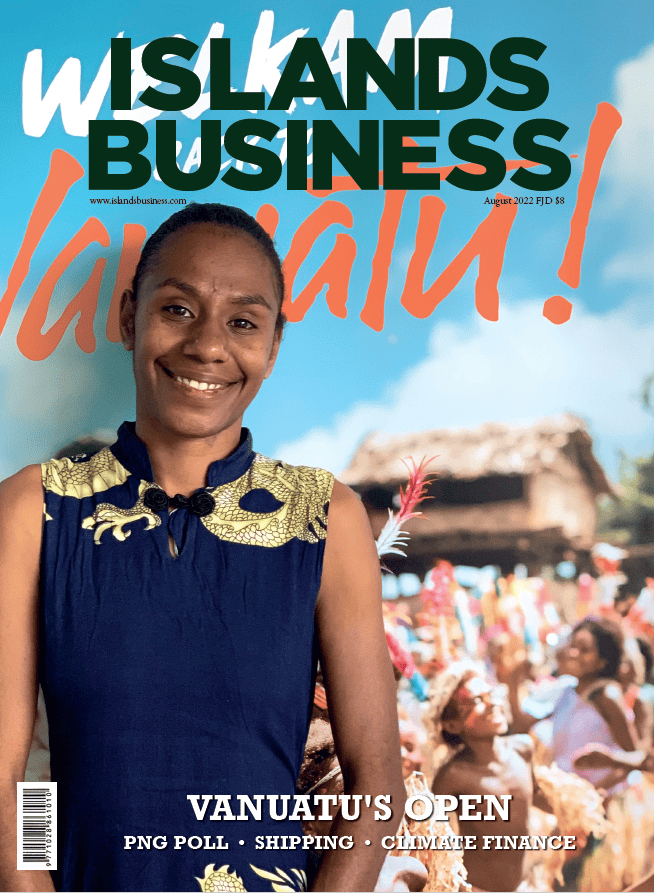This month, Islands Business was able to attend the Forum Economic Ministers meeting in Vanuatu. You’ll see coverage of some of the big issues discussed at FEMM—climate and resilience financing and supply chain challenges—in these pages.
After two years locked down, perhaps the most important outcome of the gathering was to simply reconnect, although of course there were some anticipated ministerial absences; Kiribati and Marshall Islands due to their membership status, Papua New Guinea and Cook Islands due to elections, Tonga due to legal proceedings, a couple of others due to . . .
Please Subscribe to view full content...
